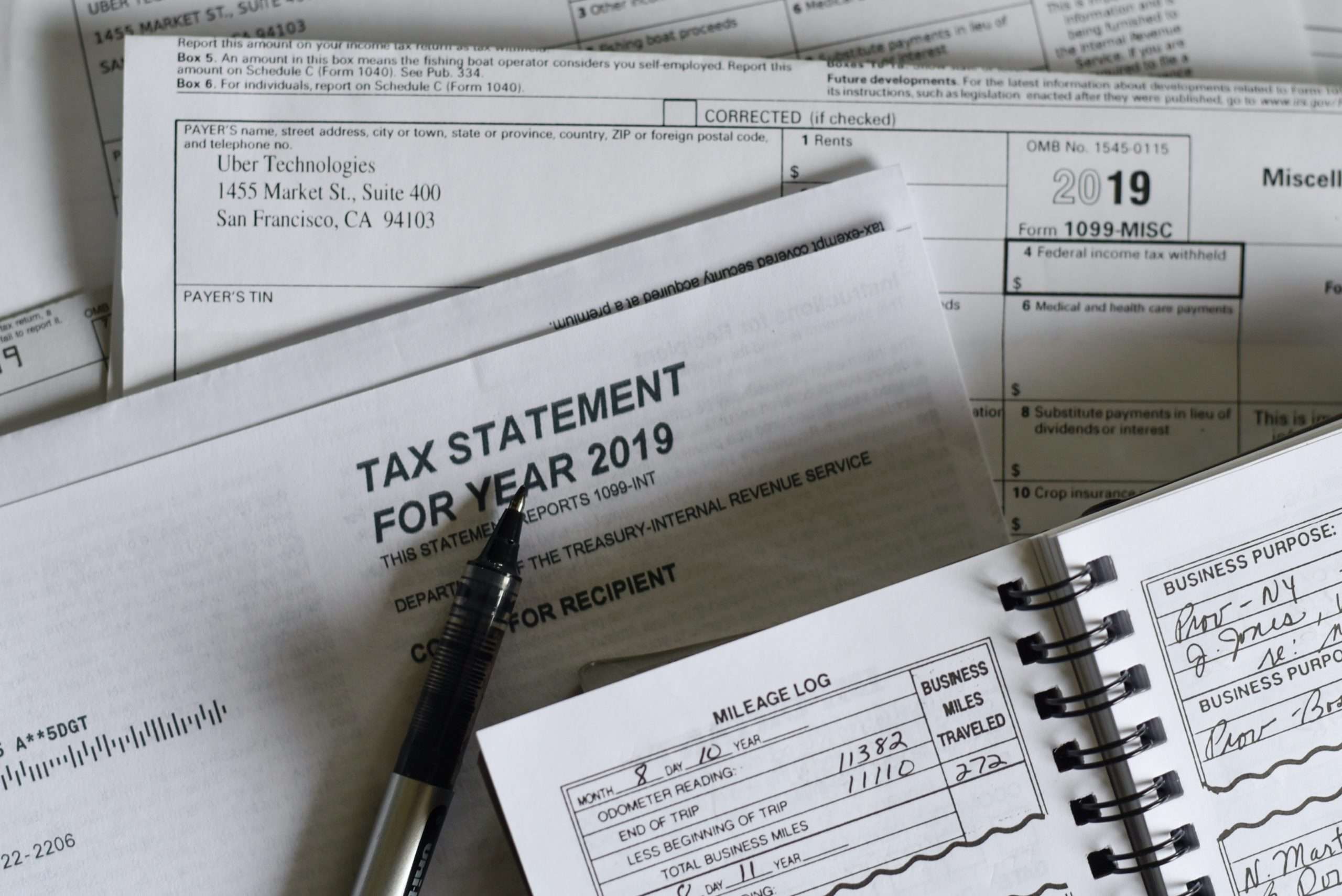One of the key pillars related to the environment, social and governance (ESG) framework is those related to governance.
Compared with the environment and social pillar, the governance pillar is seen as one of the low-lying fruits for corporates to adhere to, but sadly, even for this pillar, some corporates are simply ignorant or take their stakeholders for granted.
With the avalanche of corporate annual reports released last week, the investing public has the latest update on current compliance with the Malaysian Code of Corporate Governance (MCCG) 2021 and to what extent corporates are meeting the key principles.
Zooming in on one of the key MCCG 2021 principles is the tenure in office of an independent director, which is now set at nine years, and with a mandatory term of 12 years.
According to the MCCG 2021, if an independent director continues to serve the board, they should serve as a non-independent director.
However, if the board intends to retain the independent director beyond nine years, the board should justify the need and seek annual shareholders’ approval through a two-tier voting process, and if approved by shareholders, the independent director can continue to serve up to 12 years.
MCCG 2021 also recommends a step-up practice, whereby a listed company board has a policy that limits the tenure of its independent directors to nine years without further extension.
Internal Reorganisation
Without naming the company, a large listed company has presently a senior independent non-executive director (INED) serving the board since 2018.
In the company’s latest 2022 annual report, the director was reported to have served the board within the nine-year term as stated in the MCCG 2021, as well as the company’s policy which limits the tenure of its independent directors to nine years without further extension.
Interestingly, as this company had an internal reorganisation by way of a scheme of arrangement, all directors, whether independent or otherwise, were elected on the same day.
Hence, since they were all technically appointed five years ago, all of them are still within the nine-year timeframe and hence the company has applied the MCCG 2021 principle.
But is this the case?
Under the scheme of arrangement, the shareholders of the company exchanged the shares held by them in the old company to the new company on the basis of one new share of the new company for every one share held in the old company.
The exchange of shares to the new company is seen as mere formality as the company in essence remains the same.
Hence, looking into the detail of the company’s annual reports in 2016 and 2017, the same director, who is now a senior INED, was an INED since 2004.
The said director was reappointed as INED in 2016 by shareholders despite serving the board for almost 12 years, due to reasons cited by the company.
In the following year, as the director’s tenure breached the 12-year term, the director was then appointed as senior INED.
Interestingly, the company, in its corporate governance report for the financial year ended 2017 recognised this fact and reported that it was a departure from the MCCG principle.
However, in the following year, as the company had an internal reorganisation and a slight change in the company’s name, the MCCG principle was said to be duly applied as none of the directors were in breach of the nine-year tenure limit, despite the senior INED now serving effectively the same company for more than 12 years.
Confusion
The confusion on whether the company has applied the principle of director independence or whether it was a departure requires greater scrutiny.
There are two legitimate questions one must ask.
First, does the nine-year independent director term limit have a reset button once an INED is appointed as a senior INED, thereby giving the said director a new lease of life in terms of the tenure of the director?
Effectively, does it mean that a director can serve as an INED for a nine-year term and another nine-year term as senior INED?
Second, if a company undertakes an internal reorganisation under the scheme of arrangement under the Companies Act, and there is a slight change in the name of the corporation after the share exchange, does the term of all the directors start afresh?
Does the past tenure of a director, even if they had served the company for more than 12 years as INED and senior INED, get a reset button in terms of its director’s tenure, simply because the company has undergone an internal reorganisation and calls itself by a new name?
Redefining INED
Clearly, there seems to be a loophole as to when the tenure of an INED starts and when it ends.
In addition, there are different interpretations as to whether the tenure of a director starts all over again simply due to an internal reorganisation under the law, despite the company effectively remaining the same in substance and form.
Perhaps, the regulators would want to revisit the definition of INED and spell out that, for the avoidance of doubt, the redesignation of an INED to senior INED is a continuous tenure in office and not a fresh or new appointment.
Furthermore, if a company undertakes an internal reorganisation, be it under the Companies Act, 2016, or via a name change, the tenure of directors is deemed to be continuous if there is no change in the underlying business of the company.
Hence, this particular director, for all intents and purposes, has served the company for almost 19 years now (ie, from 2004 to 2023), and for the company to deem the director to be compliant with the MCCG 2021 is surely misleading.
Governance must not only be seen in form but also substance.

 4.5
4.5 





















